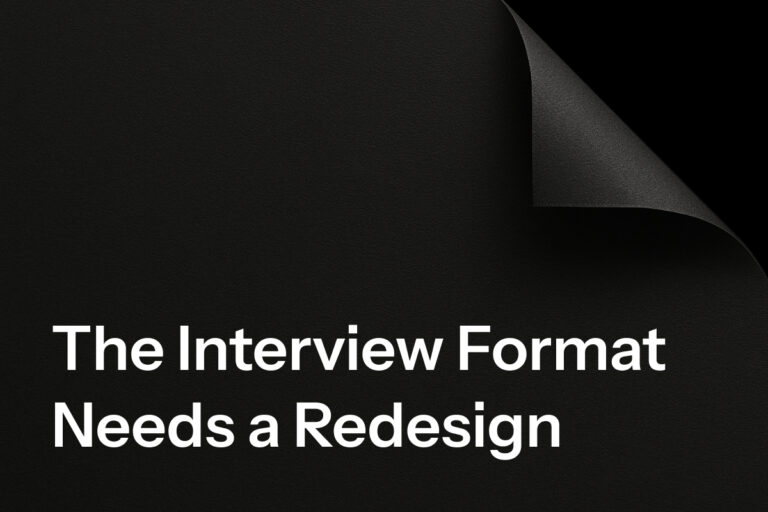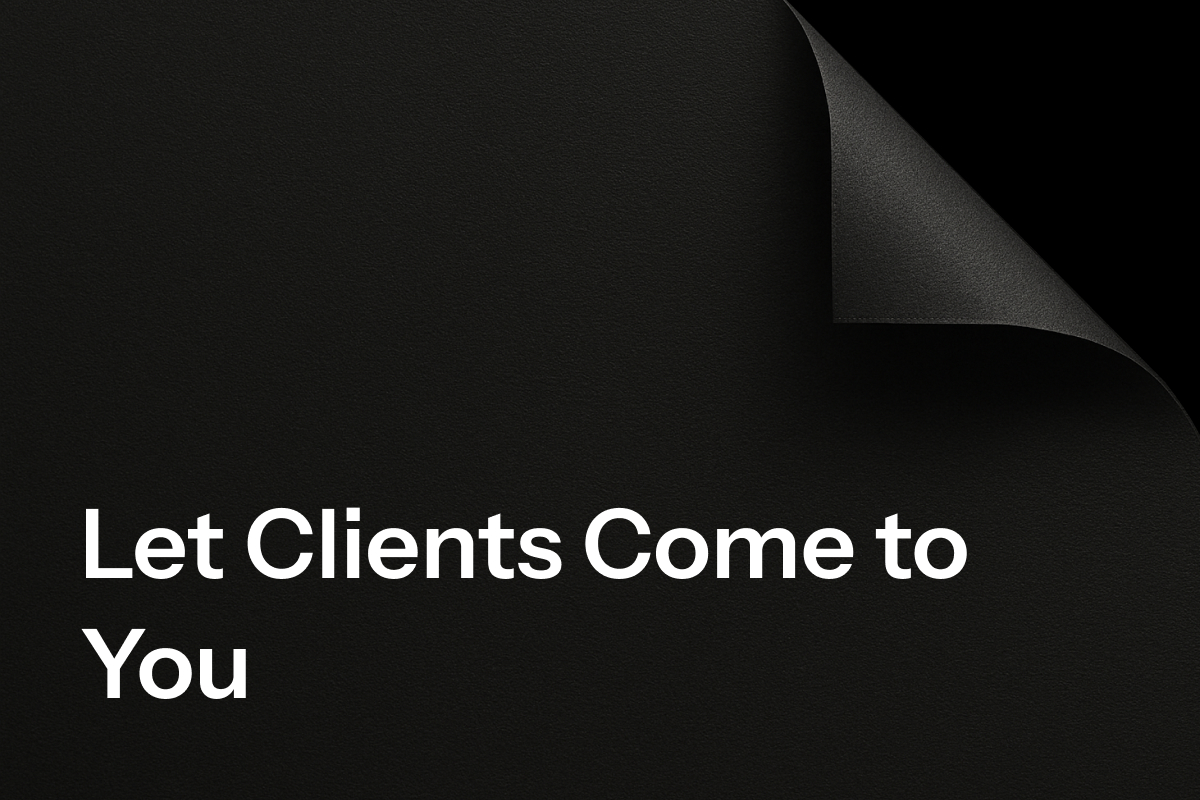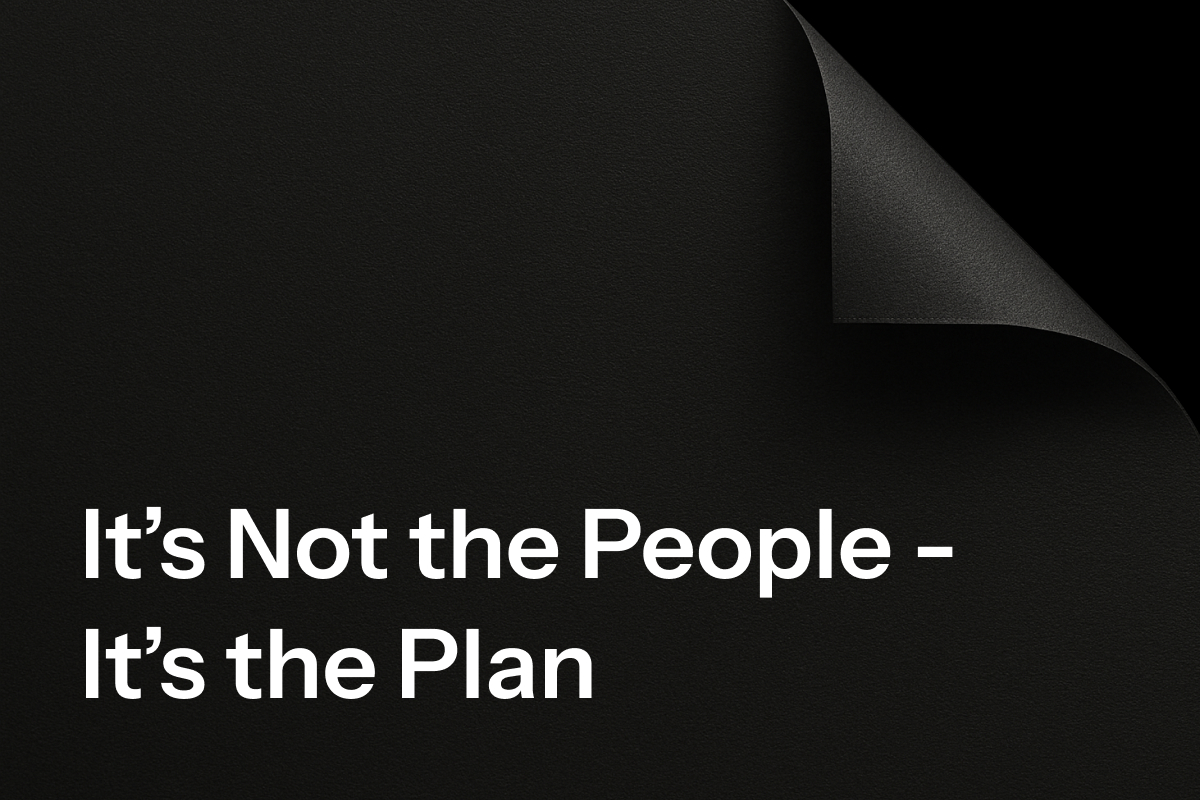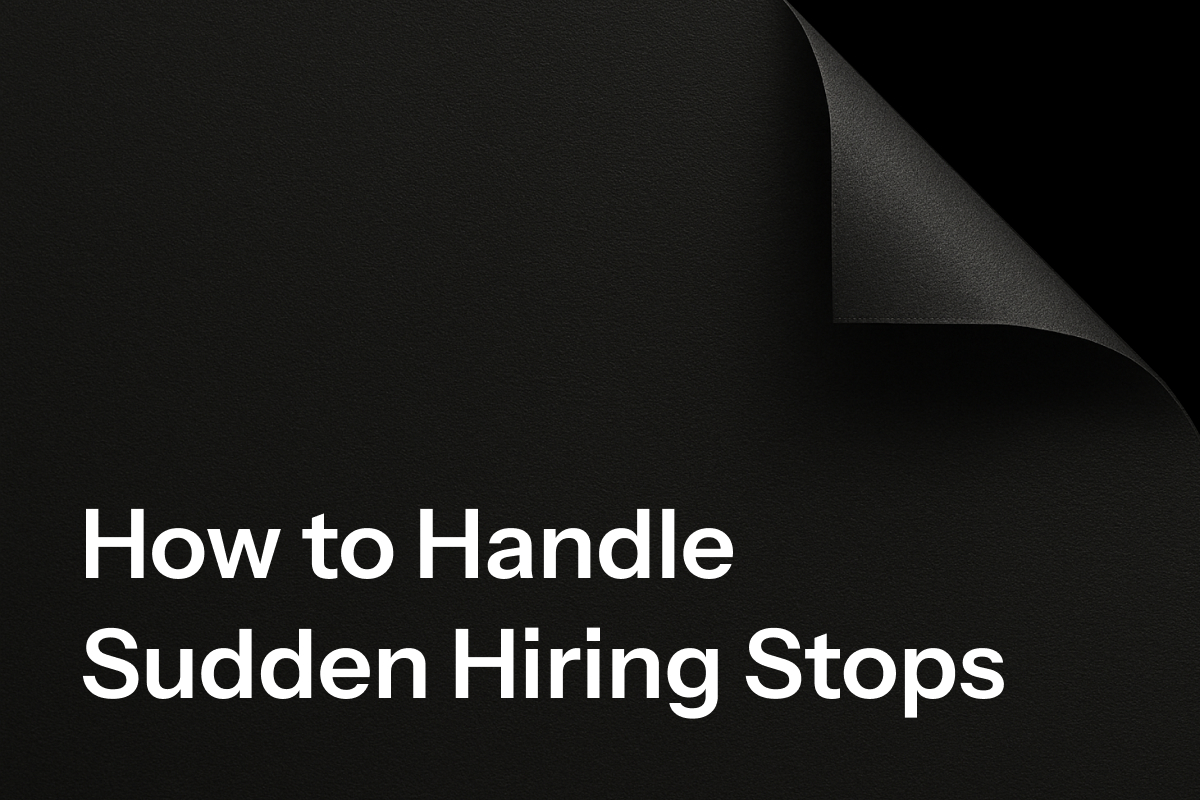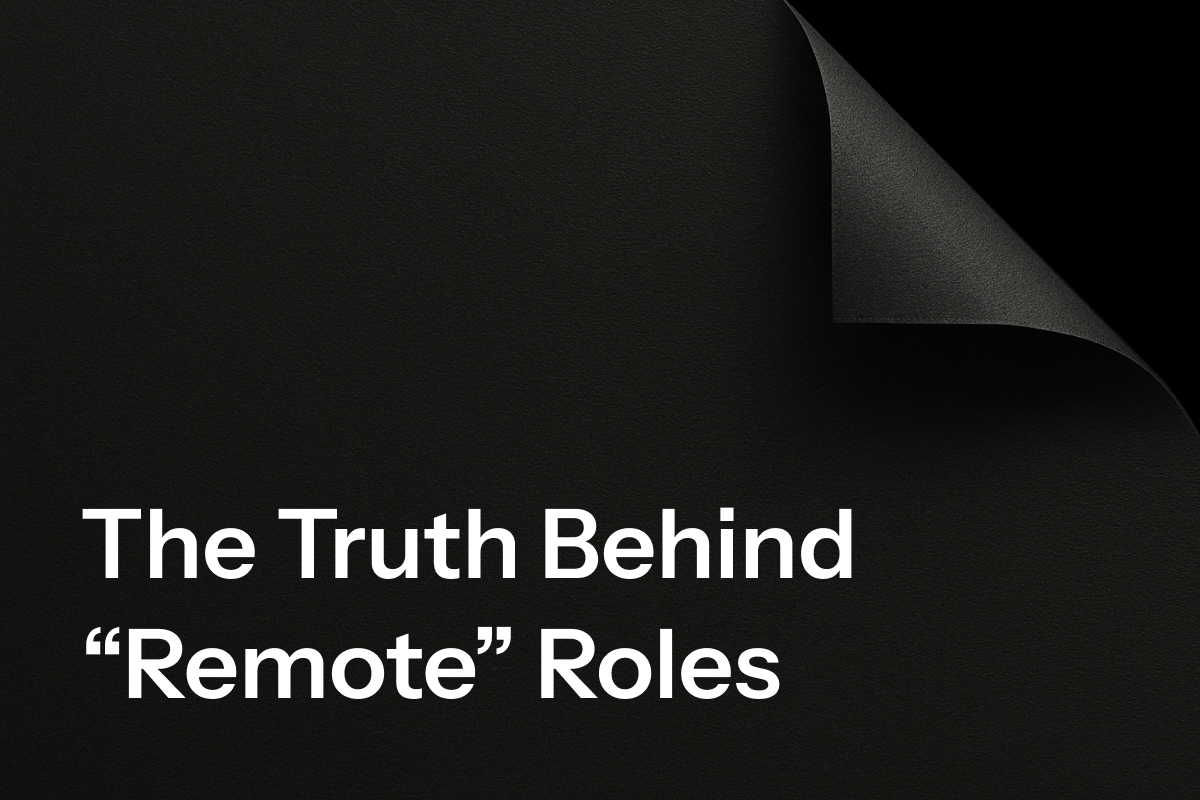For decades, job interviews have been the cornerstone of hiring. They are supposed to help companies assess talent, determine cultural fit, and make informed hiring decisions. Yet, despite their widespread use, research and experience show that traditional interviews are deeply flawed. Many companies unknowingly rely on outdated methods that fail to predict real-world performance, leading to costly hiring mistakes and missed opportunities. So, what exactly are we getting wrong?
The Illusion of the Perfect Interview
Hiring managers often believe that a well-structured interview is enough to identify the best candidate. In reality, interviews are riddled with biases, inconsistencies, and irrelevant assessments that tell us little about how a candidate will perform in the actual role. Here are some of the biggest flaws in today’s interview process:
- Over-Reliance on Gut Instinct
Too many hiring decisions are made based on “feeling” rather than data. If a candidate builds rapport easily, has a strong presence, or shares common interests with the interviewer, they are often rated more favorably even if they are not the most qualified. - The Resume Trap
Interviews tend to focus on verifying resume details rather than assessing actual skills. While past experience is valuable, it does not always translate into success in a new role. Skills-based assessments often provide a clearer picture of a candidate’s abilities. - The One-Size-Fits-All Approach
Many companies use the same set of interview questions for every candidate, regardless of role or seniority. This cookie-cutter approach ignores the unique skills and competencies required for different positions. - Unrealistic Hypotheticals
Many interviews include hypothetical questions like “How would you handle a difficult client?” While these questions may seem useful, they often lead to rehearsed, overly polished answers that do not reflect real behavior. Behavioral-based assessments and practical exercises are far more effective. - The ‘Good Interviewer’ Bias
Some candidates are naturally better at interviews, but that does not necessarily mean they will excel in the role. The best candidate on paper or in a high-pressure interview setting is not always the best employee in practice.
Fixing the Broken Interview Process
So, how can companies make interviews more effective and fair? Here are key steps to improve the process:
- Incorporate Skills-Based Assessments
Instead of relying solely on interviews, companies should integrate practical tests, work simulations, and case studies to measure how candidates handle real-world tasks. - Standardize the Process While Allowing Flexibility
While consistency is important, interviews should be tailored to the specific job. Customized interview structures that focus on the actual challenges of the role yield far better insights than generic questions. - Train Hiring Managers to Recognize Bias
Unconscious bias training can help interviewers make more objective hiring decisions. Structured scoring systems and diverse interview panels also reduce subjective judgment. - Prioritize Candidate Experience
A lengthy, disorganized, or impersonal interview process can drive top talent away. Companies should streamline their hiring process, provide timely feedback, and create a positive candidate experience to attract the best talent. - Look Beyond Interviews
Interviews should be just one piece of the hiring puzzle. Reference checks, probationary projects, and real-world performance data should all play a role in making informed hiring decisions.
The Future of Hiring
The traditional job interview is no longer enough. Companies that cling to outdated methods risk missing out on exceptional talent. By adopting a more holistic, skills-focused, and structured approach, organizations can make better hiring decisions, reduce turnover, and build stronger teams. The best candidates are not always the best interviewers and the smartest hiring managers know that.
